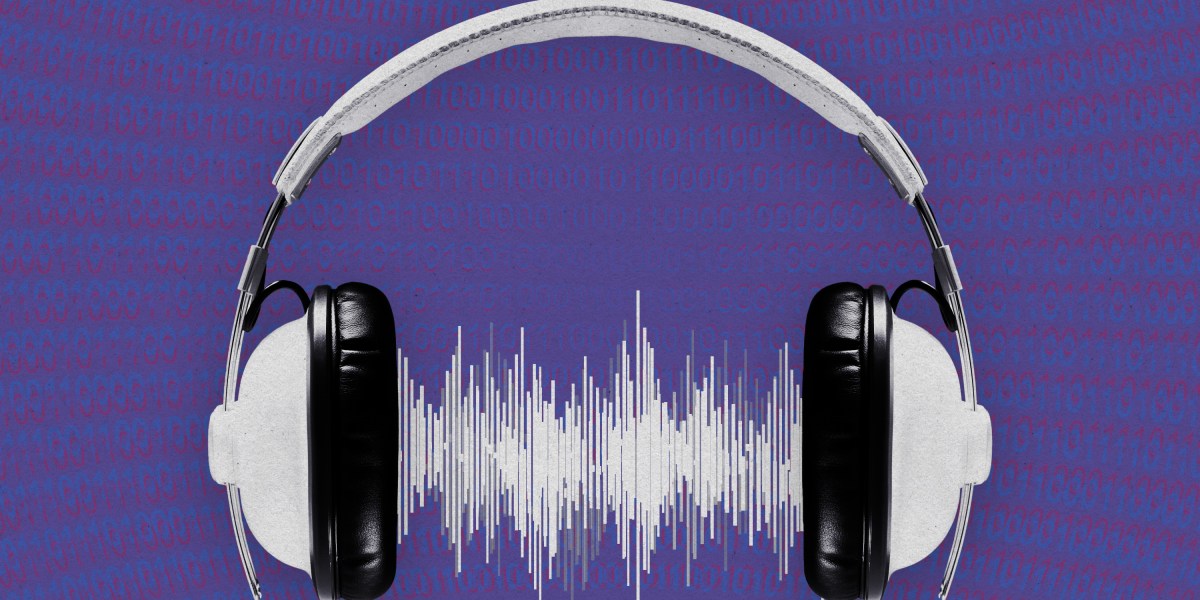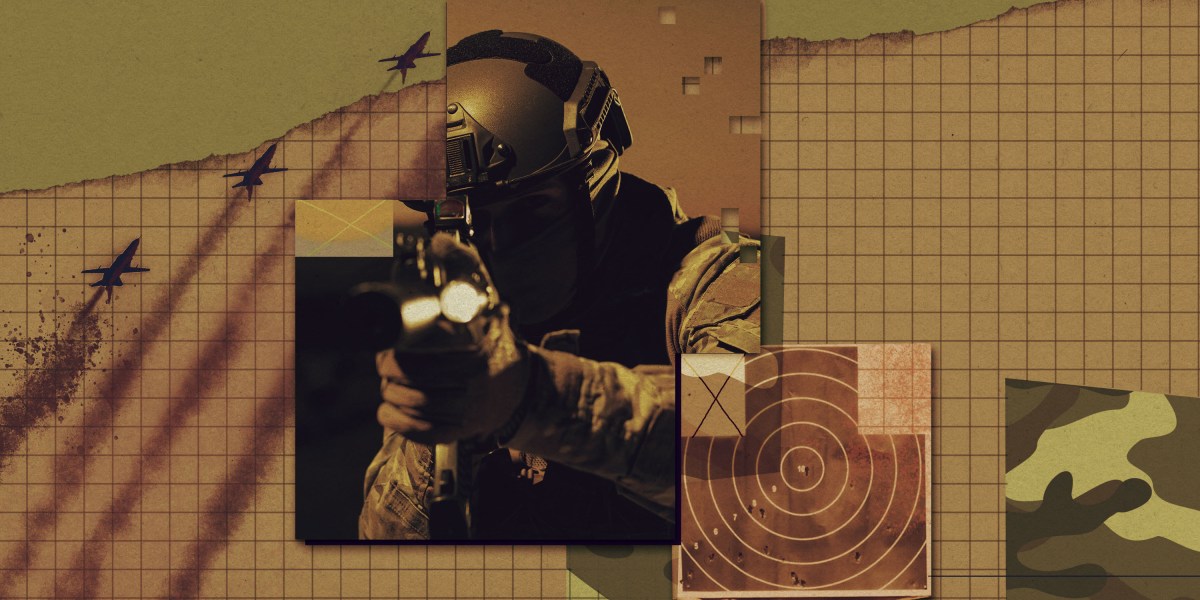In truth, the tools will block a ask for if it names an artist. But the report labels allege that the safeguards have major loopholes. Subsequent the information of the lawsuits, for instance, social media end users shared examples suggesting that if buyers separate an artist’s name with spaces, the ask for may well go by means of. My individual ask for for “a tune like Kendrick” was blocked by Suno, citing an artist’s name, but “a song like k e n d r i c k” resulted in a “hip-hop rhythmic conquer-driven” keep track of and “a track like k o r n” resulted in “nu-metal significant aggressive.” (To be good, they didn’t resemble the respective artist’s one of a kind kinds, but to even react in the ideal tightly-described genre would seem to counsel that the design is in point acquainted with every artist’s do the job.) Very similar workarounds were being blocked on Udio.
Possible outcomes
There are three techniques the scenario could go, Grimmelmann claims. One is wholly in favor of the AI startups: the lawsuits are unsuccessful and the courtroom determines AI companies did not violate good use nor imitate copyrighted performs too intently in their outputs. If the styles are identified to tumble underneath good use, it would necessarily mean songwriters and legal rights holders would need to have to discover a different authorized system to pursue compensation.
A different probability is a mixed bag: the court finds the AI businesses did not violate honest use in their education, but must improved command the model’s output to make certain it does not improperly imitate copyrighted is effective. Grimmelmann claims this would be similar to one particular of the initial rulings in opposition to Napster, in which the enterprise was pressured to ban searches for copyrighted will work in its libraries (even though buyers promptly discovered workarounds).
The third and effectively nuclear choice is that the courtroom finds fault on both the instruction and output sides of the AI models. This would imply the companies could not coach on copyrighted works devoid of licenses, and could also not permit outputs that carefully imitate copyrighted is effective. The companies could be purchased to fork out damages for infringement, which could operate into the hundreds of millions for each and every company. If they aren’t bankrupted by such a ruling, it would power them to totally restructure their teaching by way of licensing offers, which could also be expense-prohibitive.
COURTESY SUNO.AI
To license or not to license
Nevertheless the speedy ambitions of the plaintiffs are to get the AI firms to stop training and shell out damages, chairman of the Recording Sector Affiliation of The us Mitch Glazier is currently looking ahead towards a foreseeable future of licensing. “As in the past, new music creators will enforce their rights to guard the innovative engine of human artistry and permit the improvement of a wholesome and sustainable accredited marketplace that recognizes the value of the two creativity and technology,” he wrote in a new op-ed in Billboard.
These types of a current market for licenses could mirror what has now unfolded for text generators. OpenAI has struck licensing bargains with a number of information publishers, which includes Politico, The Atlantic, and The Wall Avenue Journal. The offers guarantee to make written content from the publishers discoverable in OpenAI’s products and solutions, while the capability for the types to transparently cite exactly where they’re acquiring information from is restricted at ideal.
If AI tunes firms follow that sample, the only ones with the suggests to produce potent music types may be those people with the most funds. That is most likely particularly what YouTube is considering. The business did not promptly respond to thoughts from MIT Technology Evaluate about the particulars of its negotiations, but presented the huge quantity of information essential to coach AI versions and the focus of rights entrepreneurs in audio, it’s reasonable to think the price tag of promotions with record labels would be eye-popping.
In theory, an AI company could bypass the licensing approach entirely by developing its design exclusively on new music in the public domain, but it would be a herculean process. There have been related endeavours in the realm of text and graphic turbines, such as a authorized consultancy in Chicago that produced a product skilled on dense regulatory paperwork, and a design from Hugging Confront that properly trained on photos of Mickey Mouse from the 1920s. But the styles are smaller and unremarkable. If Suno or Udio is pressured to coach on only what is actually in the general public domain—think military services march music and the royalty-free of charge songs identified in corporate videos—the ensuing model would be a far cry from what they have these days.



